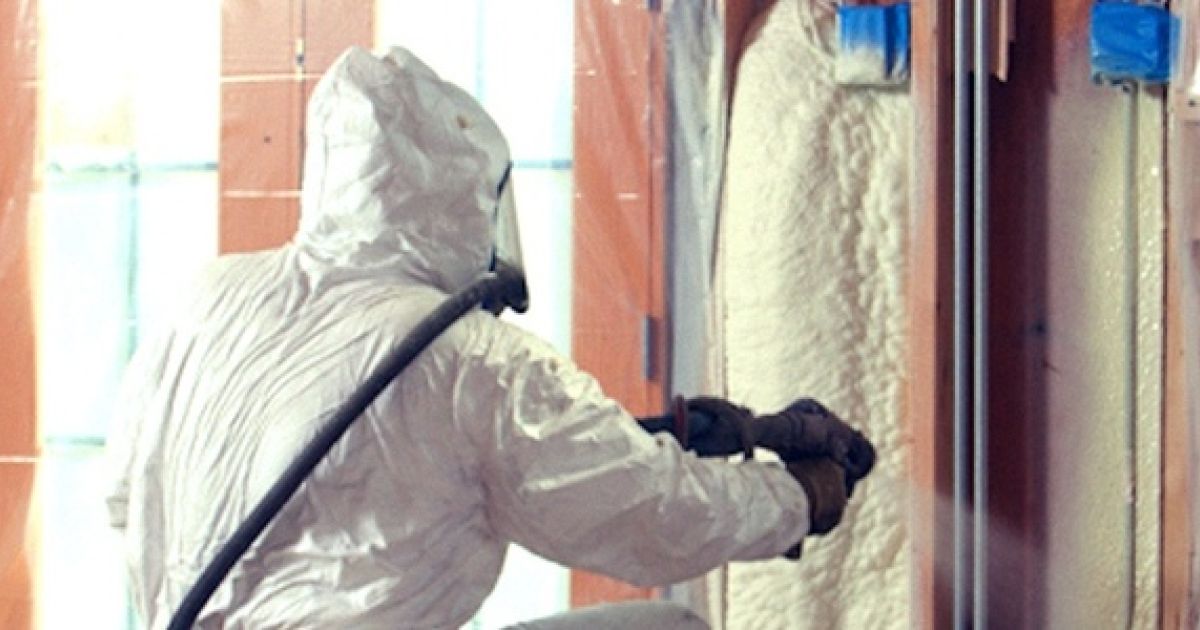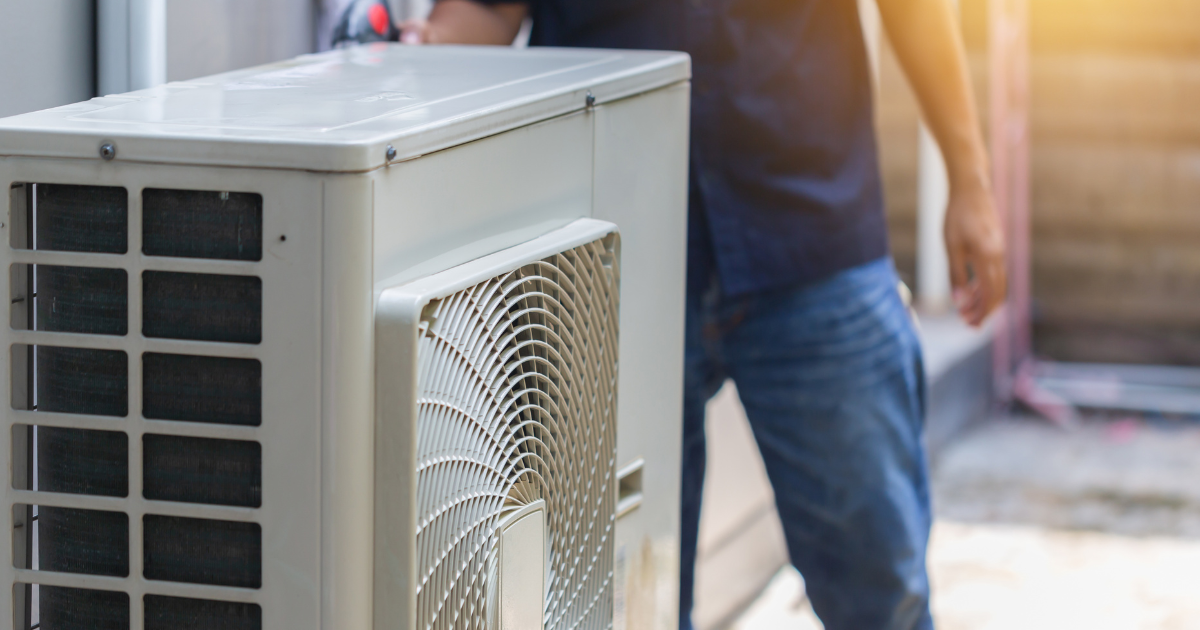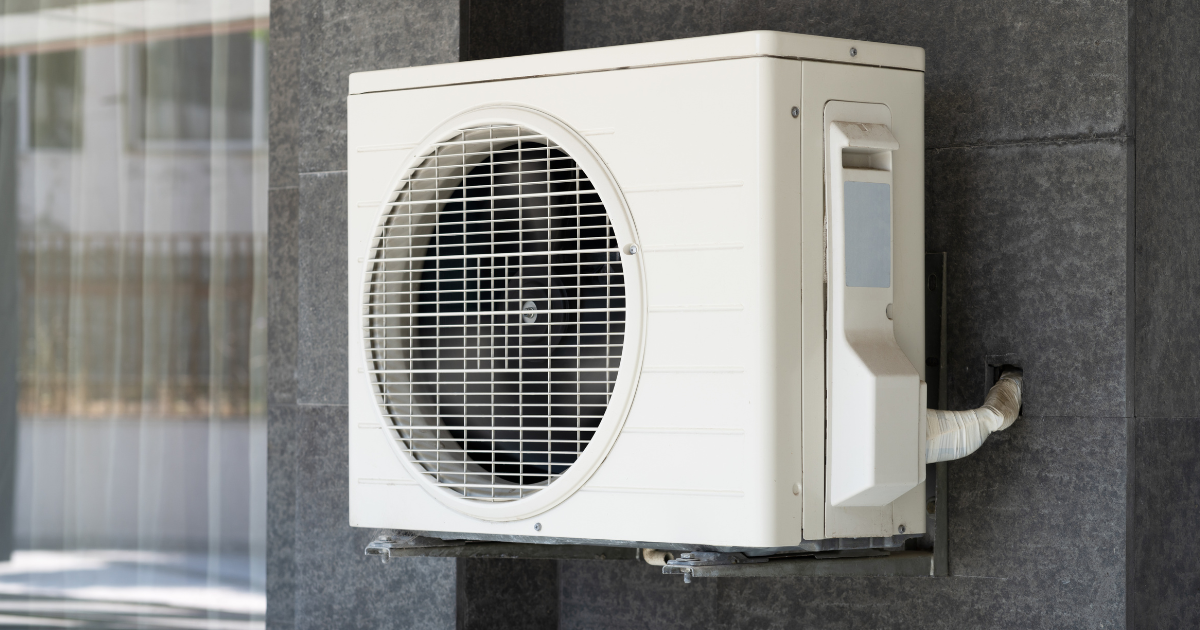The Benefits of Using Spray Foam Insulation with HVAC Systems
A lack of insulation in your property could be the same as throwing money out the window. According to the Department of Energy, air leakage within a home can account for anywhere between 30 and 50% of its annual heating and cooling costs. A tight building that resists air infiltration can improve everything from interior air quality, to moisture content, overall comfort, and more.
Spray polyurethane foam — or spray foam insulation — offers air barriers, to address the problem of air leakage in homes and commercial buildings. When installed properly, this solution can make a building practically air-tight, reducing your risk of wasted energy. Before you decide that spray foam insulation is for you, it’s crucial to carefully consider your current HVAC system.
In order to ensure efficiency and safety, a system-wide approach must include an evaluation of various factors — including combustion possibilities, ventilation, the size of an HVAC system, moisture management, and more.
The “Energy Star Program” estimates that homeowners could save up to 20% on their monthly energy bills, just by installing proper insulation. When installed correctly, spray foam reliably improves the “R-Value” of HVAC solutions by preventing wind intrusion, and filling wall spaces that would otherwise lead to lost energy.
Because spray foam produces a tight air barrier to control air infiltration, it greatly reduces wasted energy — but latent humidity will remain the same, so proper humidity removal and ventilation is essential, to eliminate the risk of harmful mold growth. Combined with the right temperature solutions, spray foam allows for optimized moisture control, air quality, combustion safety, and energy efficiency.
Spray Foam is Not Compatible with All HVAC Systems
Because spray-foam insulated homes are so tightly sealed, homes with naturally aspirating furnaces, or atmospheric combustion systems, are not compatible with this type of insulation. These systems need to be able to draw air from the outside, to replace the air they’re using to condition the home. If your furnace cannot access fresh air, you run the risk of filling the home with carbon monoxide, or other dangerous byproducts of combustion.
In the early days, sizing HVAC systems relied upon the “rule of thumb” method, which suggested homes should have 1 ton of HVAC capacity for every 500 feet of conditioned space. Today, however, using that strategy can result in HVAC systems that are much larger than they actually need to be. Now, proper sizing uses the industry standard “Manual J” — which calculates everything from heat loss through ceilings and walls, to infiltration from doors, windows, and cracks.
Before spray foam insulation is installed, builders and HVAC contractors must conduct a Manual J8 evaluation, to determine how much ventilation a property needs; as well as the required level of heating and cooling. This is particularly critical in SPF-insulated homes, which can suffer from problems when they become “too” air-tight.
Is Spray Foam Insulation Right for You?
If you’re considering using spray foam insulation in combination with your HVAC system, it’s important to think about the results of making your home “air-tight.”
If you have an atmospheric combustion system in place, you’ll need to replace it with an HVAC system that works through sealed combustion, or power venting, instead. These newer solutions do not require an open-air source — and therefore can allow for a fully-insulated home that still meets high safety standards.
If you’re committed to installing spray foam insulation, you can also use direct ventilation HVAC systems, to ensure that your HVAC system can continue working at optimum level.

Bob Jenson
For over 45 years, Bob Jenson has been providing quality heating and air services to the San Diego community.
Request Service
Please fill out the form below to request an estimate or schedule service.
"*" indicates required fields







